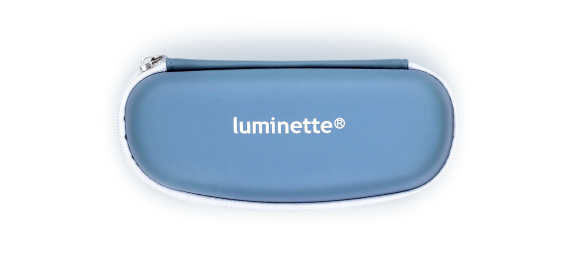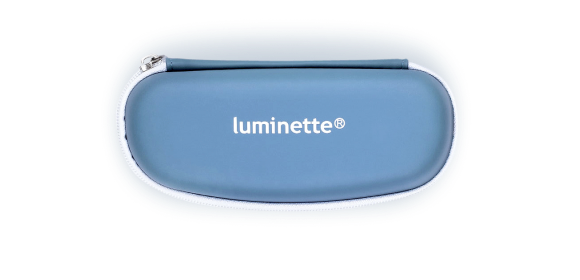In our fast-paced modern world, where many of us spend the majority of our days indoors, it's easy to underestimate the profound impact that natural light can have on our mood and well-being. The hustle and bustle of daily life often confines us to artificial environments, where fluorescent lights dominate. But have you ever stopped to wonder why natural light is so crucial for our mental and emotional health? In this article, we will explore the remarkable ways in which natural light affects mood and why it's essential for our overall well-being. We'll also delve into the differences between natural and artificial light when it comes to their impact on our emotional state.
What Is Natural Light?
Natural light, often referred to as daylight, is the broad-spectrum illumination produced by the sun that includes all visible wavelengths—from the warm reds of sunrise and sunset to the bright blues of midday. Unlike artificial light, natural light shifts in intensity and color temperature throughout the day, providing the body with important time-of-day signals that regulate our internal biological clock. These natural shifts influence the release of key hormones such as melatonin, which controls sleep, and serotonin, which helps regulate mood and energy. Exposure to natural light is essential not only for physical processes like vitamin D synthesis but also for maintaining mental clarity, emotional stability, and overall psychological well-being. In short, natural light acts as a biological anchor—aligning the body and brain with the natural rhythms of the world around us.
Benefits of Natural Light
Now that we understand the science behind how natural light affects mood, let's explore some of the benefits in more detail:
Enhanced Productivity: Exposure to natural light in the workplace has been linked to increased productivity and job satisfaction. Employees report feeling more engaged and motivated when their workspaces are flooded with natural light.
Improved Sleep Quality: Regular exposure to natural light during the day helps regulate the sleep-wake cycle, leading to better sleep quality and overall mood.
Better Mental Health: Studies have shown that individuals living in spaces with ample natural light tend to have lower rates.
Why Natural Light Is Mood-Boosting
The intriguing question of how natural light affects mood lies at the core of our understanding of why natural light is so profoundly mood-boosting. Delving into this topic, we uncover the intricate mechanisms through which natural light operates as a catalyst for a better mood.
First and foremost, natural light for a better mood is rooted in its ability to influence our biological and psychological processes. When we bask in the gentle glow of natural light, especially during the daytime, our bodies respond by regulating the production of key neurotransmitters, such as serotonin. This neurotransmitter, often hailed as the "feel-good" chemical, plays a pivotal role in shaping our emotional states, promoting feelings of happiness and contentment. Moreover, the exposure to natural light helps synchronize our internal body's clock, ensuring a more balanced sleep-wake cycle, which, in turn, contributes to an enhanced overall mood.
Furthermore, another facet of how does natural light affect mood involves its indirect impact on our physical health. The access to natural light encourages physical activity and time spent outdoors, which has been associated with reduced stress and increased well-being. Additionally, natural light exposure facilitates the body's natural production of vitamin D, a nutrient linked to mood regulation and the alleviation of depressive symptoms.

Natural Light Versus Artificial Light Mood
Firstly, it's important to distinguish between natural and artificial light and how they influence our mood differently. Artificial lighting, especially fluorescent light, has become a ubiquitous presence in our indoor environments. However, it lacks the spectrum and intensity of natural light, which can lead to notable differences in the way they affect our mood.
Numerous studies show that natural light has a positive impact on mood, while artificial light can sometimes have the opposite effect. Exposure to natural light helps regulate our body's clock, ensuring that we maintain a healthy sleep-wake cycle. This, in turn, contributes to a more stable and positive mood.
Natural light plays a unique and powerful role in regulating mood because it directly influences the body’s clock and hormonal balance. Exposure to daylight—especially in the morning—stimulates serotonin production, which improves mood, focus, and emotional stability. It also helps suppress melatonin during the day, keeping us alert and energized. These natural processes help explain why people tend to feel more positive, awake, and balanced when they spend more time outdoors or in naturally lit environments.
In contrast, artificial light, especially from fluorescent bulbs and electronic screens, often lacks the dynamic range and spectrum of natural sunlight. It does not provide the same biological cues, and in some cases—particularly in the evening—it can disrupt melatonin production, leading to poor sleep and mood disturbances. Overexposure to artificial light at the wrong times of day has been linked to increased levels of stress, irritability. While artificial light is necessary in modern life, it simply cannot replicate the holistic mental health benefits of natural daylight.
What is the Impact of Natural Light on Mood?
The way natural light affects our mood is multifaceted. Here are some key mechanisms:
Serotonin Production: Exposure to natural light triggers the release of serotonin, often referred to as the "feel-good" hormone. Higher serotonin levels are associated with improved mood.
Vitamin D Synthesis: Natural light is a primary source of vitamin D, which plays a vital role in regulating mood. Deficiencies in vitamin D have been linked to conditions.
Reduction in Stress Hormones: Natural light has been shown to reduce the levels of stress hormones, such as cortisol. Lower cortisol levels are associated with lower stress.
Natural Light for Better Mood in Students
For students, the impact of natural light on mood is particularly important. The educational environment has a profound influence on learning, and the presence or absence of natural light can significantly affect students' well-being and academic performance.
Research has shown that students exposed to natural light in classrooms tend to have better concentration, improved cognitive function, and reduced stress levels. This creates a more conducive atmosphere for learning, contributing to overall academic success. Therefore, it is necessary to utilize a natural light lamp for a better mood.
Bringing the Benefits of Natural Light Indoors with Light Therapy
While the positive effects of natural light are undeniable, not everyone has consistent access to it—especially during the winter months, in dense urban areas, or for those who work early hours or indoors. This is where light therapy becomes a powerful tool for supporting mental well-being and energy regulation.
Light therapy replicates the natural spectrum and intensity of daylight, delivering the biological cues our brains need to regulate mood, sleep, and focus. It works by stimulating the same pathways as natural sunlight, helping to boost serotonin, balance melatonin, and support the body’s internal clock—even when natural light is limited or unavailable.
Luminette 3—Light Therapy That Fits Into Your Routine
Designed for everyday use, the Luminette 3 light therapy glasses offer a wearable solution that brings therapeutic light directly into your morning routine. Lightweight and hands-free, they allow you to move around freely—whether you’re reading, making breakfast, or checking emails—while receiving the ideal intensity and angle of blue-enriched white light to signal wakefulness and improve emotional balance. Just 20–30 minutes a day to regulate your body's clock and elevate your mood naturally.
Drive 2-in-1 Light Therapy Lamp – Bright Light, Minimal Effort
For those who prefer a stationary option, the Drive 2-in-1 light therapy lamp combines design and function in one sleek device. It offers powerful, clinically effective light exposure for boosting energy and mental clarity, while also serving as a modern lamp for your desk or bedside table. It’s an excellent option for students, professionals, and anyone looking to brighten their indoor space and support their mental well-being through consistent light exposure.
A Simple, Science-Backed Step Toward Mental Balance
Integrating light therapy into your lifestyle is a simple yet science-backed way to restore balance, especially when natural light isn't accessible. Whether through a short morning session with Luminette 3 or a more ambient boost with the Drive 2-in-1 lamp, these tools help maintain your mental energy, stabilize your mood, and align your body’s natural rhythms—even on the darkest days.
Effects of Fluorescent Light on Mood and Natural Light
In contrast, fluorescent lighting, commonly found in educational institutions and offices, may have adverse effects on mood and well-being. The harsh, flickering nature of fluorescent lights can lead to headaches, eye strain, and irritability. Prolonged exposure to such lighting conditions can negatively impact students' ability to focus and maintain a positive mood.
In contrast to natural light, fluorescent lighting—often used in schools and offices—can have several negative effects on mood and well-being:
It often produces a harsh, flickering quality that can cause visual discomfort.
Prolonged exposure may lead to headaches and eye strain.
It can increase irritability and reduce overall comfort in indoor spaces.
Students and employees under fluorescent light may experience difficulty concentrating and declining motivation.
Over time, this lighting environment may contribute to a more negative emotional state compared to spaces lit by natural light.
Evidence Reveals the Impact of Natural Light on Mood
The connection between natural light and mood is not just anecdotal; it is supported by a wealth of scientific research. Studies show that natural light affects mood and mental health, consistently finding positive associations.
One study conducted by researchers at the University of California, Berkeley, discovered that exposure to natural light can enhance the brain's ability to process visual information and make decisions. This not only improves mood but also boosts overall cognitive function.
Conclusion
In a world where artificial light sources have become omnipresent, it's crucial to recognize the power of natural light in boosting our mood and overall well-being. From its influence on serotonin production to the synthesis of vitamin D and the reduction of stress hormones, natural light plays a vital role in regulating our emotional state.
For students and professionals alike, the quality of light in their learning and working environments can significantly impact their performance and mental health. The stark contrast between natural light and fluorescent lighting highlights the importance of creating spaces that prioritize our connection to the outdoors.
Incorporating more natural light into our lives, whether through spending time outdoors or optimizing our indoor spaces, can lead to a brighter, more positive outlook. So, let's embrace the benefits of natural light and bask in its mood-boosting glory, as it has the power to illuminate our lives in multiple ways.
FAQ
How much natural light do I need daily to feel a mood boost?
Around 20 minutes of natural morning light exposure is usually enough to positively impact mood.
Can artificial light fully replace natural light?
No, artificial light lacks the full spectrum and biological effects of natural sunlight.
Does light therapy work on cloudy days or in winter?
Yes, light therapy is especially effective during low-light seasons or in overcast climates.
When is the best time to use Luminette light therapy glasses?
Use them in the morning, within an hour of waking, for 20–30 minutes.
Can students benefit from using a light therapy lamp?
Absolutely—it can improve concentration and energy and reduce study-related fatigue.






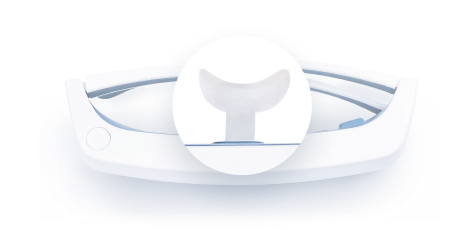
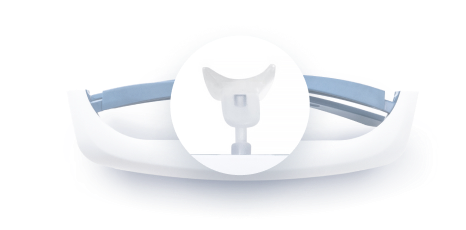









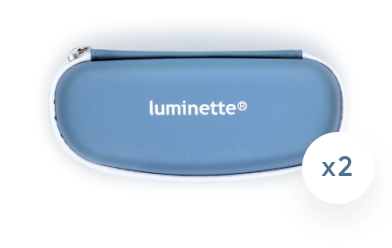
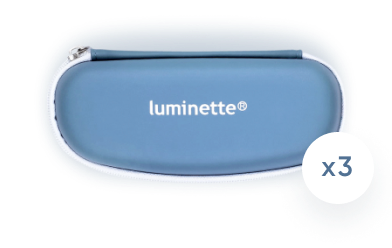

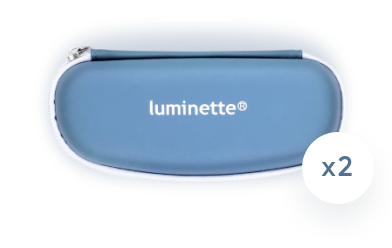
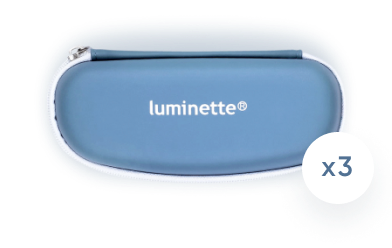
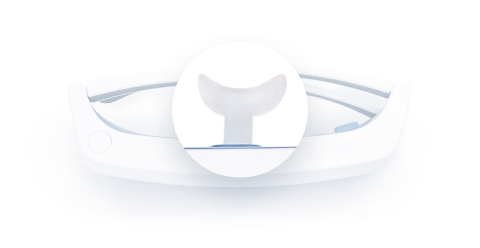





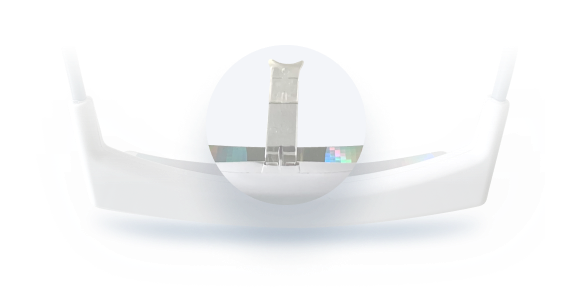









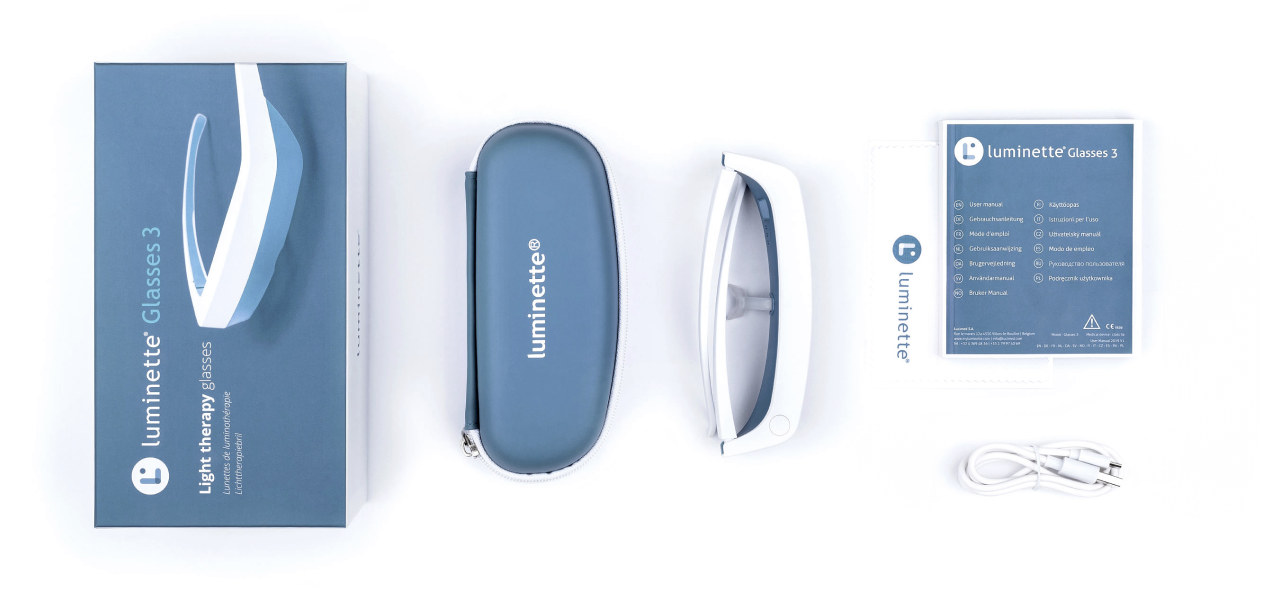



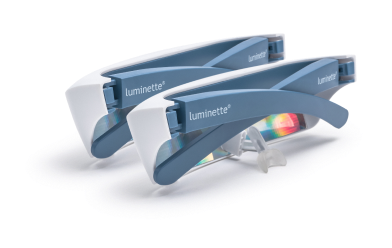
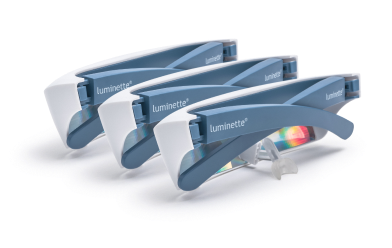
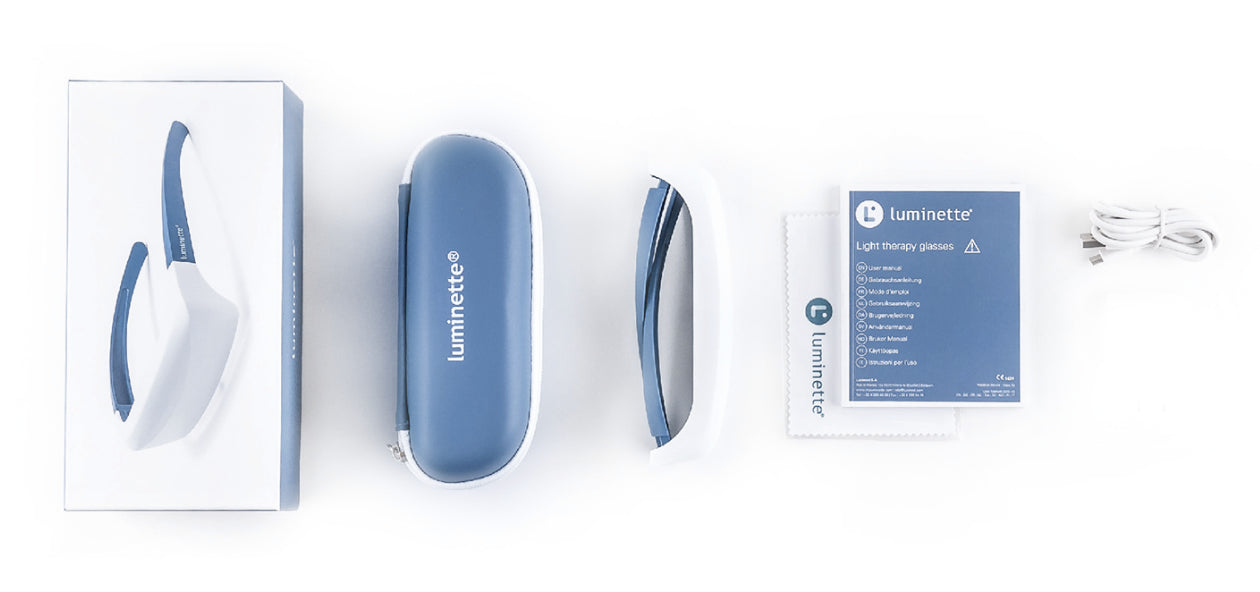




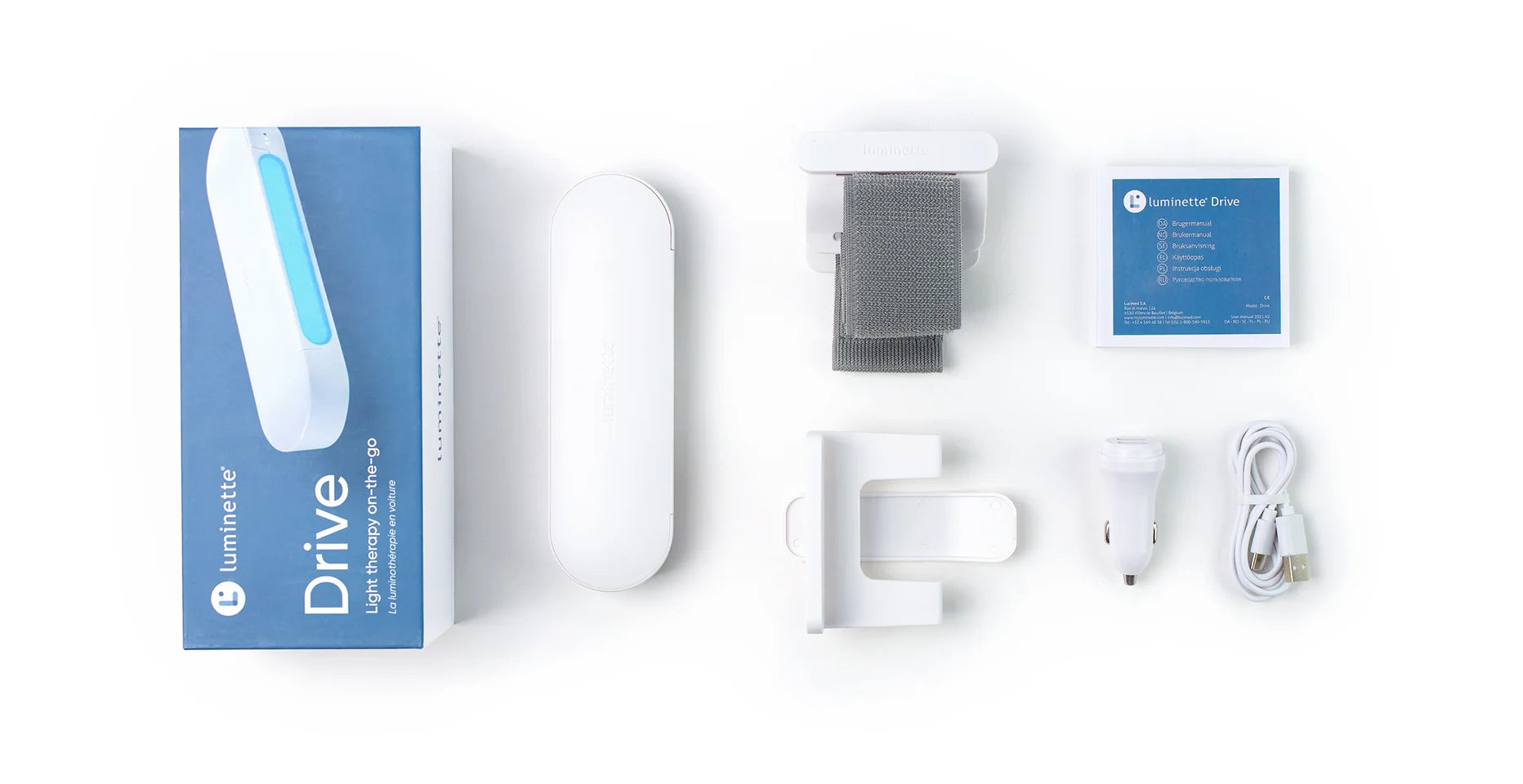

 Please note
Please note










